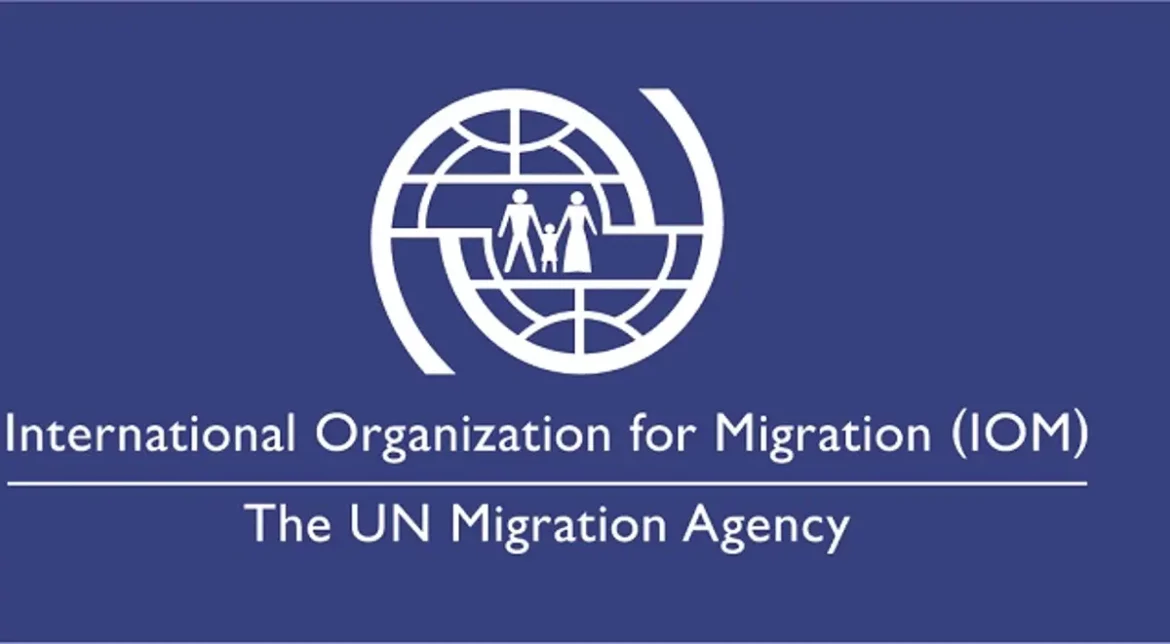By Muhammad Amaan
The International Organisation for Migration (IOM) said it is committed to continuing the road map for effective implementation of humanitarian assessment plan on migration in Nigeria.
Mr Laurent De Boeck, IOM Chief of Mission in Nigeria, spoke in Abuja in view of the 2022-2024 impact assessment of migration governance in the country, saying sustaining road map on migration would help to ease implantation of humanitarian response plan.
According to him, it is particularly for people suffering from displacement who deserve attention for losing property and family members in conflict situation.
“If we don’t address humanitarian issues as a human community and government at different levels, humanitarian and development actors have missed something in the country.
“It is certainly something to continue and I am certain IOM in the future will continue doing so; we are working on those aspects.
“During these two years, we have moved quite positively in adapting or assessing the context of migration governance at the country level, region level and internationally.
“We reviewed several policies on migration; there was quite a large consultation process with different actors which led to reflecting on engagement of Nigeria in migration management.
“It is a champion country of the global combat on migration; I am happy we have extended drastically the number of partners at the local level.”
He underscored the need for actors such as traditional and religious leaders to relate with realities on the ground, saying otherwise it could be difficult to understand such based on mere report.
De Boeck said that the road map reflected in the organisation’s dialogue and strategic partnership with the private sector.
“So, an economic lens on migration is really key because we can; and we have done it; raised awareness on the danger of irregular migration to everybody, anybody in the world.
“All these are elements that we are developing; we do partner the International Labour Organisation (ILO); we have also a lot of partners from the country on skills for lower level.
“From the highly qualified, we don’t necessarily deal with them apart from looking at the danger they may have in accessing jobs which are fake.
“That is another part, but accessing or transforming skills for them to enter into a new niche is something we have done in different places through different organisations.
“My only concern with that is the number because, so far, what we were able to do is a pilot,” he added.




